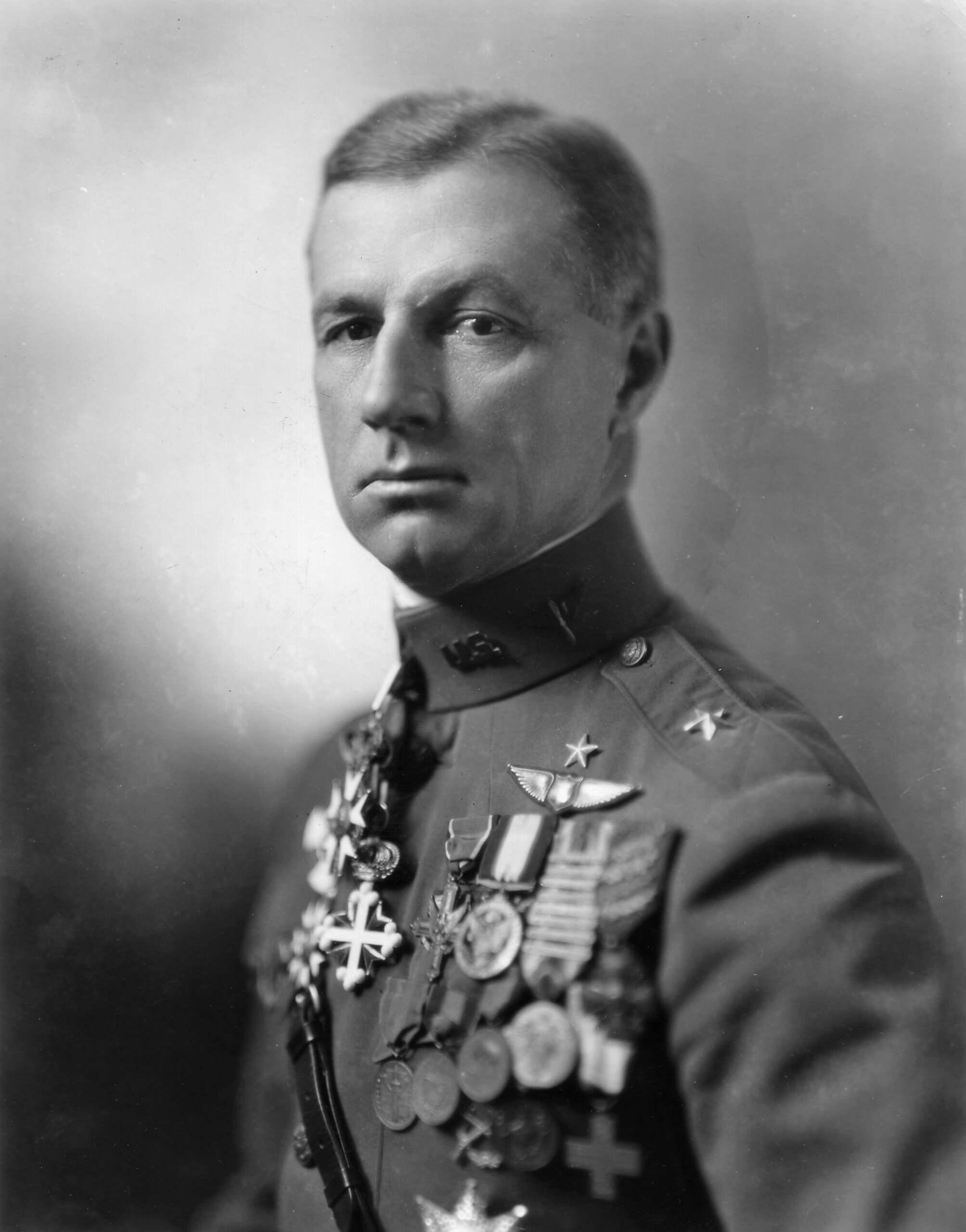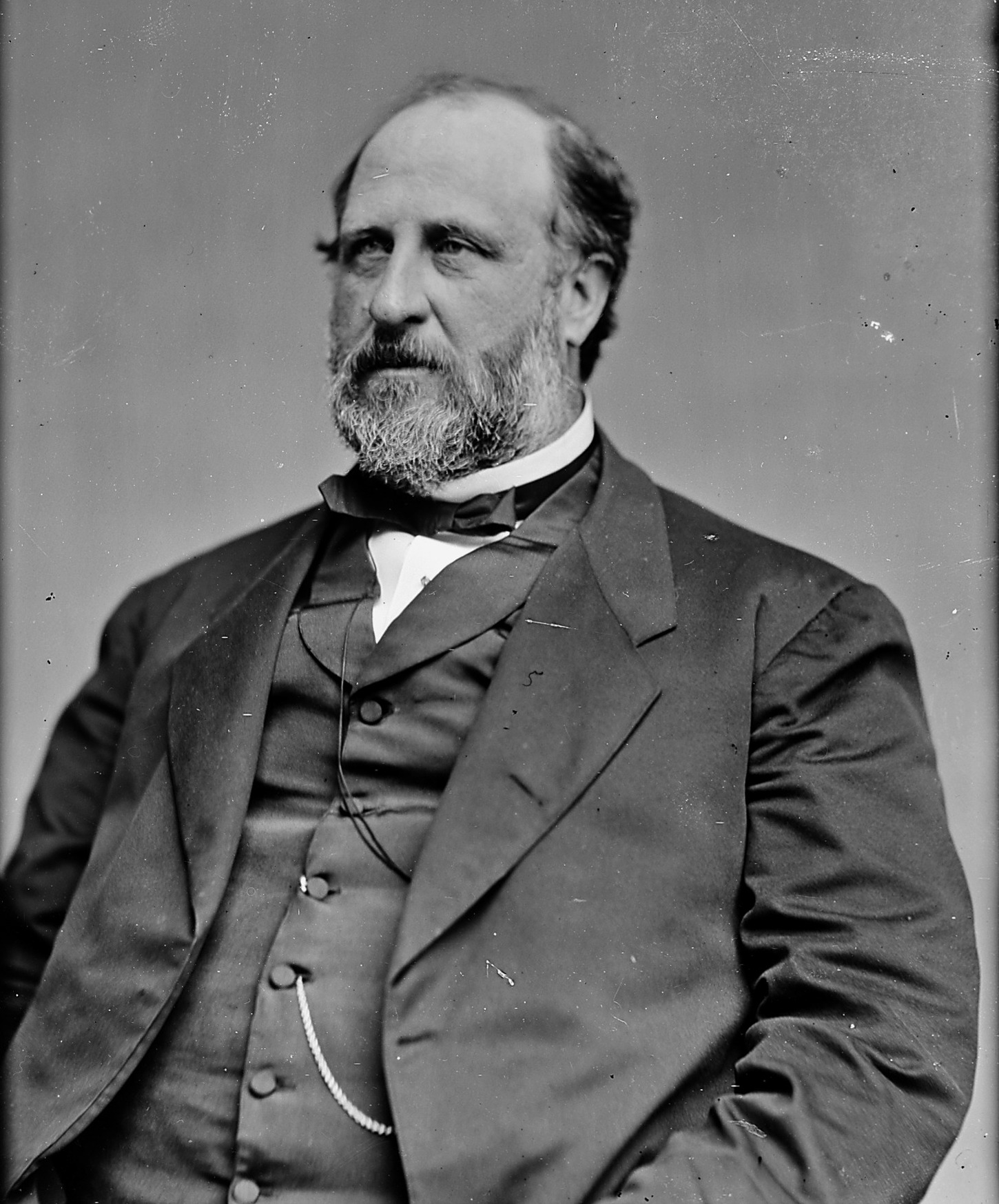December 1 — December 31, 2025
History Matters
Showing our children that their past is prelude to their future, with book recommendations
The Court Martial of Billy Mitchell, December 1925
What was dubbed “the trial of the century” concluded on December 17, 1925, with the conviction of Colonel William “Billy” Mitchell on charges of insubordination. A pioneer in military aviation—some called him a prophet—Mitchell, with the active service rank of brigadier general, had commanded all American aerial combat units during World War I. At a time when aircraft were just coming into military use, and nobody really understood their potential, Mitchell insisted that aircraft could be a decisive weapon. During the 1918 battles of St. Mihiel and the Meuse-Argonne, he used bombers strategically to hit the Germans far behind the front lines—a novel and even shocking concept at the time.
Mitchell had a tendency to buck the system, for good and for ill. After the war, convinced that the American military bureaucracy was hidebound, he theatrically used bombers to sink derelict target battleships in 1921-1923, proving the dominance of air power over sea power. He even predicted that the Japanese would one day demonstrate this by launching a surprise attack on the U.S. Navy at Pearl Harbor. The press loved Mitchell, but his outspoken denunciations of senior brass got him into trouble. In 1925 the U.S. Army put him on trial for insubordination. The trial became a public sensation, with Mitchell becoming a popular hero for denouncing “official stupidity” in the upper echelons of the military. When he was convicted on December 17, and resigned rather than accept a five-year suspension without pay, Mitchell became a popular martyr. Mitchell died in 1936, but during World War II many of his predictions, beginning with the Japanese attack on Pearl Harbor, would be proven accurate.
For more information about the “Billy Mitchell” and his famous trial, the Grateful American Book Prize recommends Douglas Waller’s A Question of Loyalty: Gen. Billy Mitchell and the Court-Martial that Gripped the Nation (2004).

Billy Mitchell, c. 1920s
William “Boss” Tweed’s Prison Escape, December 1875
William Tweed, whose name would become, and still remains, a byword for political corruption, served from the 1850s to the 1870s as a member of the U.S. House of Representatives, and as a New York State senator. His real route to influence and power, however, was through his control of the Democratic Party political machine, known as Tammany Hall. In the 1860s and 1870s, Tweed used his position in this party organization to dispense patronage in New York City, controlling voting to ensure the party remained in power, but also taking and dispensing large cuts from city contracts to enrich himself and his cronies. Thus he came to be called “Boss” Tweed, and grew so rich that he controlled a railway, bank, printing company, and hotel, and became New York State’s third-largest landowner.
But Tweed’s corruption caught up with him. Exposed for embezzling up to $45 million, and possibly $200 million ($5 billion in today’s dollars) from city funds, Tweed was repeatedly tried and eventually convicted on various counts of corruption. Placed finally in New York’s Ludlow Street Jail, Tweed still lived in many ways like a prince, with privileges that included a velvet sofa in his cell, and unsupervised visits to his home. During one of these visits on December 4, 1875, Tweed escaped and eventually fled the country despite saturation press coverage of his flight, and posters offering $10,000 reward for information leading to his capture. Fleeing to Cuba and then to Spain, Tweed was finally recaptured almost exactly a year after his escape, and returned to prison in the United States, where he died in 1878 after predicting that “my imprisonment will have a moral effect.”
For more on “Boss” Tweed and Tammany Hall, the Grateful American Book Prize recommends Kenneth D. Ackerman, Boss Tweed: The Rise and Fall of the Corrupt Pol Who Conceived the Soul of Modern New York (2005).

Tweed in 1870
Ed Lengel is an author, a speaker, and a storyteller.
History Matters is a feature courtesy of the Grateful American Book Prize, an annual award for high quality, 7th to 9th grade-level books dealing with important events and personalities in American history.




